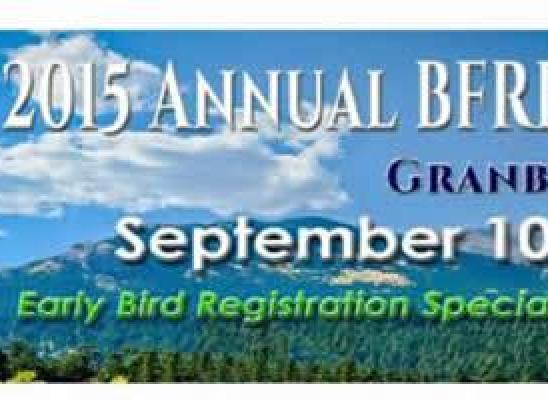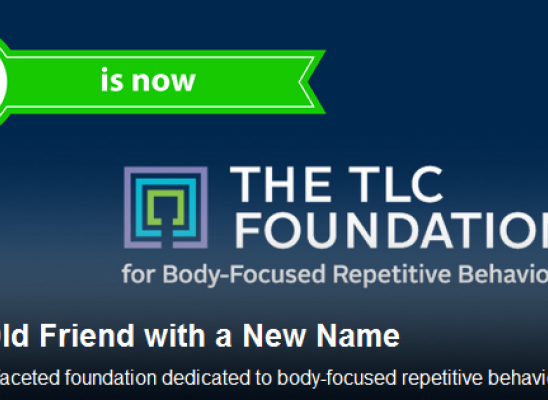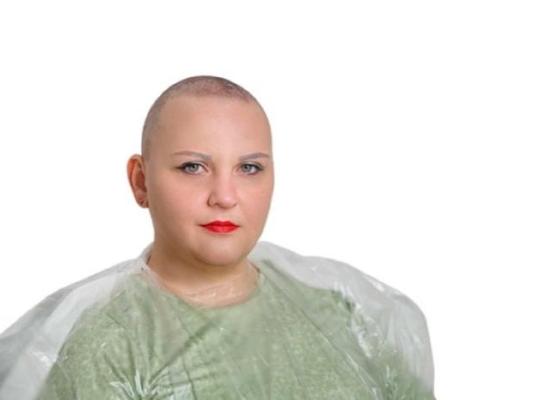How To Talk To Your Hairstylist About Your Trich

Online test
Find out the severity of your symptoms with this free online test
When most people think of going to a hair stylist, what comes to mind is probably a perfectly coiffed, trendy style with your hair looking and feeling fabulous. For many people, getting their hair done is more than just “getting a hair cut”. A visit to the salon is an experience, a self-care ritual.
If you’re living with trichotillomania, the very idea of seeing a hair stylist might leave you feeling a little apprehensive. You may have hair missing or areas of thinned hair, or even some scalp damage. You may worry about the inevitable questions or awkward conversations that may arise as you explain what you want and need. You may have doubts that a hair stylist can even help.
It’s a big decision.
You’re not alone in your concerns. Wanting help with hair styling is a common need expressed by people living with trich. Wondering how to navigate that process is a common concern too. It’s a topic that comes up in online forums quite often. What advice do others living with trich have for talking to a hair stylist?
You Have Options
If you were to ask 100 people living with trich about how to navigate the conversation with a hair stylist, you’d probably get 100 different answers. But there is some advice that seems to be common when it comes to the subject of talking to a hair stylist.
In one online forum, contributors shared their experiences and ideas for talking about their hair loss with a new stylist:
Decide what you want to share – Meeting someone for the first time and having to talk about your hair can be a bit anxiety-provoking. Being prepared can take some of stress away and help you stay focused on what you want to communicate. Write down what you want to ask or what you want from your appointment. That way, you don’t have to struggle to remember everything.
Share minimally – If the idea of talking about your trich is too much, you can simply share that you have a medical condition that results in hair loss. You don’t have to elaborate beyond what is comfortable.
Call it alopecia – This was actually a rather common suggestion. While it doesn’t really let the hair stylist know the “why”, it does acknowledge that you have a reason for missing hair. One contributor shared her frustration with hair stylists not understanding trich and the appeal of using another, maybe more known, condition to avoid uncomfortable conversations.
Be open about your trich – This was also very common advice. Tell your stylist that you have trich at the first appointment and what you’re hoping they can help you with. Being honest lets you get a feel for the stylist’s understanding of trich and whether you feel confident in their ability to help you in the way you want and need.
Do your homework - Find a stylist who understands trich. There are stylists who have that experience and there are even stylists who also live with trich. Stylists work with people from every walk of life and with all kinds of conditions. It’s ok to ask what their experience is. The fact is, not every stylist will be experienced in working with someone with trich. Get a feel for their approach. If you don’t feel the vibe, it’s ok to keep looking for the right stylist.
Bring a friend – Sometimes having a trusted friend with you for support can make the experience a little less uncomfortable.
What Do the Pros Say?
Professional hair stylists recognize that a client’s comfort is important and that hair loss, be it from trich, alopecia, or another reason can be a sensitive issue. They recognize that not every client will be ready to share their hair story right away and that’s ok. The stylist’s chair should be above all, a safe space and judgement-free zone for their client at every appointment.
One stylist who has also dealt with hair pulling emphasizes the importance of communicating with your stylist. Like seeing a doctor for a medical need, your stylist has the answers you need for your hair care. She recommends asking specific questions to get the conversation started and a plan for your hair’s needs:
1. What is the overall condition of my hair and scalp?
2. What haircut would best compliment my face shape, hair texture, and hair density?
3. What hair color will best compliment my skin tone, eye color, and hair density?
4. What styles, products, and activities should I avoid to ensure my hair stays healthy?
5. What is the best hair care routine to ensure my hair and scalp stay healthy and happy?
You might go into a hair appointment with an idea of what you want or a picture of a cute cut you are sure is just right. But, cut, color, and hair products are not a one-size-fits-all. What is right for your hair will depend on many factors. The answers to these questions will be unique to you and can help you and your stylist decide the best options for you.
The Takeaway
Whether it’s someone living with trich or a hair stylist, the overriding message seems to be that what and how you choose to talk about with your hair stylist is up to you. You can choose to share as much or as little as you’re comfortable with.
When you find the right hair stylist, you can feel confident in being open about your trich and your hair care. Adopting a good hair care routine can boost self-esteem and encourage healthy hair. Self-care can be a healthy part of the treatment process too.
Living with trich doesn’t have to hold you back from caring for your hair. The key is to find the right stylist who can work with you to find your best style and what makes you feel most confident.
References
1. Advice before going to a hairstylist. (n.d.). Reddit. https://www.reddit.com/r/trichotillomania/comments/1874q79/advice_before_going_to_a_hairstylist/
2. Hairdresser with trick. (n.d.). Reddit. https://www.reddit.com/r/trichotillomania/comments/183xqvj/hairdresser_with_trick/
3. How to help clients with a hair-pulling disorder. (n.d.). Modern Salon | Professional Hairstylist Education & Trends. https://www.modernsalon.com/619205/how-to-help-clients-with-a-hair-pulling-disorder
4. 5 questions to ask your hairstylist if you have hair loss — Dorin Azérad. (2020, May 2). Dorin Azérad. https://dorinazerad.com/blog/5-questions-to-ask-your-hairstylist-if-you-have-hair-loss
Online test
Find out the severity of your symptoms with this free online test
Start your journey with TrichStop
Take control of your life and find freedom from hair pulling through professional therapy and evidence-based behavioral techniques.
Start Now



